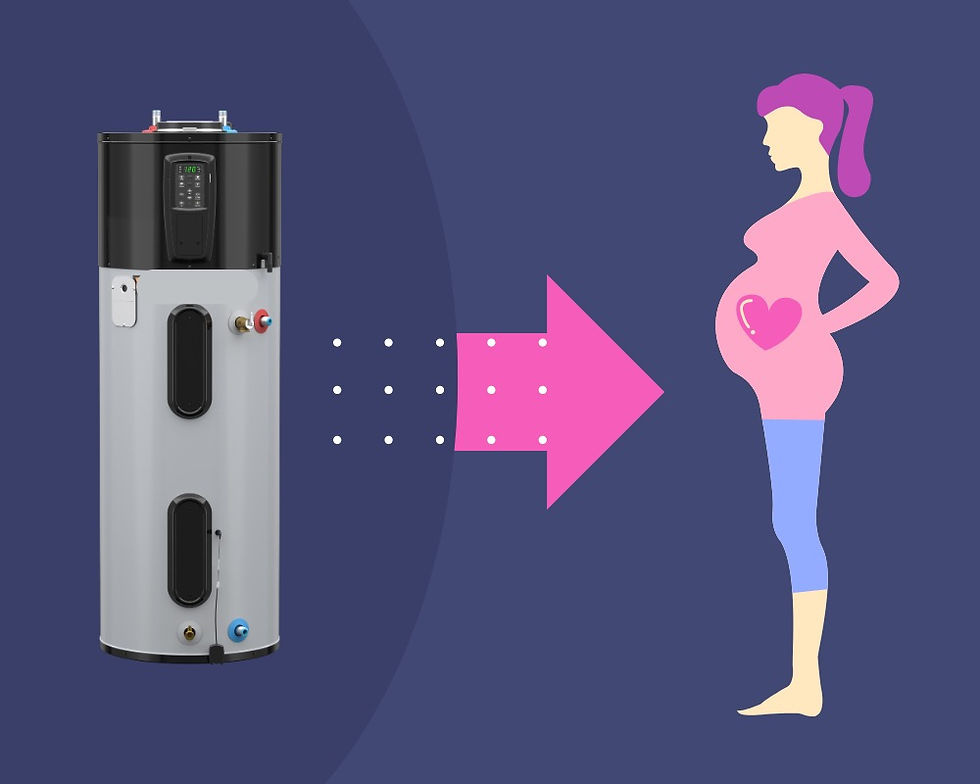Skip The Straw? Save The Planet!
- Apr 2, 2018
- 2 min read
Did you know that more than half a billion disposable straws are used and thrown away every day in the U.S., alone? Most end up in our oceans, adding to the mass of plastic pollution that pollutes our water and kills marine life. If we don’t act now, it is projected that there will be more plastic than fish in the ocean by 2050. An estimated 71% of seabirds and 30% of turtles have been found with plastics in their stomachs. So what do you say? Are you ready to Skip the Straw?
At this point, plastic straws are ubiquitous. Take-out sodas, smoothies, and other frozen blended beverages, come with plastic straws. Many sit-down restaurants also serve water, soft drinks, and cocktails with plastic straw
s. Many communities, however, are taking steps to eliminate single-use plastics for the sake of our environment. For Los Altos, GreenTown Los Altos and Silicon Valley for America (SV4A) are seeking to partner with Los Altos restaurants and food service businesses to stop the use of plastic straws for good!
To support local businesses in “skipping the straw”, GreenTown is developing:
Materials to help businesses inform customers and educate staff
A list of tested alternatives to plastic straws
As well as other resources and information.
To recognize participating businesses and increase visibility in the community, GreenTown will:
Provide a window cling recognizing participating businesses as “GreenTown Plastic Pollution Prevention Partners”;
List participating businesses on its website;
Promote participants through recognition in print, social and/or other media, starting in June 2018 and annually, during Earth Month; and
Write periodic articles for the Los Altos Town Crier, and GreenTown and SV4A blogs about the Skip the Straw campaign.
There are excellent alternatives to plastic straws available for both businesses and consumers.
Businesses can consider:
Aardvark Paper Straws – Durable and flexible, these straws decompose in 45-90 days. Plus you can make them custom if you want.
Harvest Straws – These straws are made of non-GMO, non-irrigated heritage grain grown in Southern California.
Consumers have a range of additional options to take along when getting take-out or dining out:
Go Strawless – If you can live without a drinking straw, simply ask for “no straw” at your favorite establishments. If you want to go one step further, urge them to only offer straws upon request (and not plastic ones).
Glass – Simply Straws Glass Straws – These straws are reusable, BPA-free, and hypoallergenic.
Steel – Highly reusable and recyclable, these straws can be found in straight and bent models. You may want to get a wire brush for cleaning. In addition to places like Whole Foods, which carries steel straws, you can look online for brands such as:
Bamboo – from fast-growing wood.
Paper – Aardvark Paper Straws – Mentioned above, these straws don’t disintegrate as some paper straws do, yet they decompose relatively quickly, and are easy to find from online retailers, such as Amazon and Jet.com as well as in some local retail shops.
Compostable plastic straws, typically made of poly-lactic acid (PLA) derived from corn or potato starch, are not a good choice, however. These straws and other compostable plastics look “green” but they’re not! Because products made of PLA take 120-150 days to decompose, they cannot be composted in our local compost facilities, where the processing time is around 65 days. Further, they act just like regular plastic straws in marine environments, breaking down into bits of plastic that are ingested by marine life.
If you would like more information about GreenTown’s Skip the Straw campaign or to get involved, please contact info@greentownlosaltos.org.





Comments